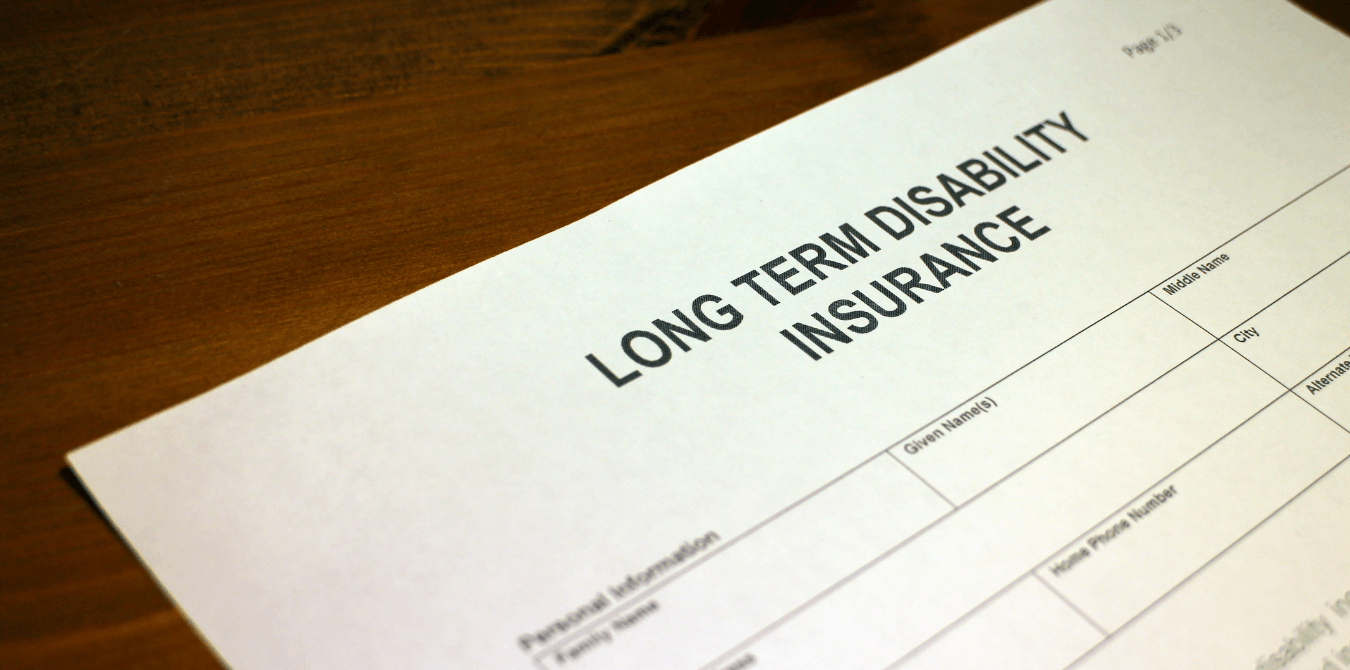Is Long-Term Disability Insurance Worth It?


Reviewed by
Paige Geisler
Licensed Insurance Agent


Reviewed by
Paige Geisler
Licensed Insurance Agent
Table of Contents
Long-term disability insurance is a policy that provides benefits to individuals who are unable to work due to an illness or injury. The policy pays a percentage of the individual’s income, usually around 60%, for a period of time specified in the policy. In the policy, this period of time is called the benefit period.
You can purchase this type of coverage individually or through an employer. You pay monthly or annual premiums while you’re healthy and working. If you have an illness or injury that meets the definition of a long-term disability according to your policy, you can file a claim and begin receiving benefits. The process of filing your long-term disability claim varies between companies. When purchasing your policy, go over the claim process and required documentation with your insurance agent.
For most workers, yes, long-term disability insurance is absolutely worth it. It costs as little as 1% of your income, and it can save you from destitution in the event that an unexpected illness or injury takes away your ability to earn a living.
Disabling injuries and illnesses are more common than most people realize. They can happen to anyone at any time. In fact, one in four 20-year-olds will become disabled during their working years, according to the Social Security Administration. That’s why it’s important for everyone to have some form of disability insurance.
If you live paycheck to paycheck or rely on your income to pay bills and provide for your family, long-term disability insurance is all the more important, as an injury or medical diagnosis could put you in a financially untenable position almost overnight.
Long-term disability insurance typically costs between 1% and 3% of your annual income, but it can vary based on a few factors. These factors include:
When you purchase long-term disability insurance, you can choose how long you want the benefit period to be. If you only need coverage for a short time, such as 2 years, you can often find an inexpensive policy that provides short-term coverage. On the other hand, there are policies that will cover you for life or until retirement age. These policies tend to have more expensive premiums.
Long-term disability covers injuries and illnesses that prevent you from working and earning a living on a long-term basis. That said, coverage is often excluded in a few situations.
Long-term disability policies rarely cover injuries sustained on the job, as you’re expected to file a worker’s compensation claim in such scenarios. They also often have limits on the amount of coverage provided for issues related to anxiety or mental health.
Before committing to a policy, read over it carefully to make sure you understand what is and isn’t covered.
Many employers offer long-term disability insurance as a benefit. Otherwise, you can purchase it from a private insurance company. An insurance broker can help you shop around with different companies to find the best coverage and rate for your needs or you can shop around yourself online.